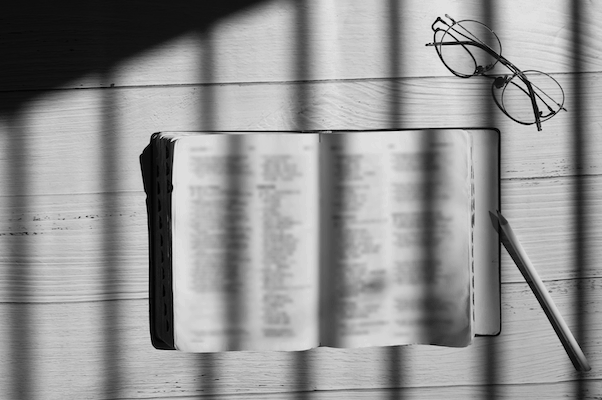Literature Locked Up
How Prison Book Restriction Policies Constitute the Nation’s Largest Book Ban

Key Findings:
PEN America finds that literature on race and civil rights are disproportionately subject to bans, often on the grounds that such texts threaten to disrupt a prison’s social order. Often entire categories of books are banned, and these often reflect discriminatory approaches to regulation.
PEN America also found that review mechanisms fail to offer meaningful oversight over these bans. While the U.S. Supreme Court has established that prisons must provide some form of administrative appeal process, there is no requirement that such reviewers are independent of the prison system, nor are there any criteria regarding reviewers’ qualifications.
PEN America also explores how in addition to content-specific bans, prison systems have enacted wholesale restrictions on book deliveries, such as requiring purchases come only through “secure vendors,” as well as shutdowns on book donations and deliveries writ large. PEN America finds that these “content-neutral bans” have the effect of banning potentially thousands of titles by limiting the range of books available to people who are incarcerated.
PEN America Experts:
Director, Research
Some 2.2 million people are currently incarcerated across the country. Against that backdrop PEN America’s new policy paper, Literature Locked Up: How Prison Book Restriction Policies Constitute the Nation’s Largest Book Ban, details the types of book bans prisoners face, the arbitrariness with which they are implemented, and the lack of transparency and oversight that leads to bans on titles from Nobel Prize winners and leading historical figures.

